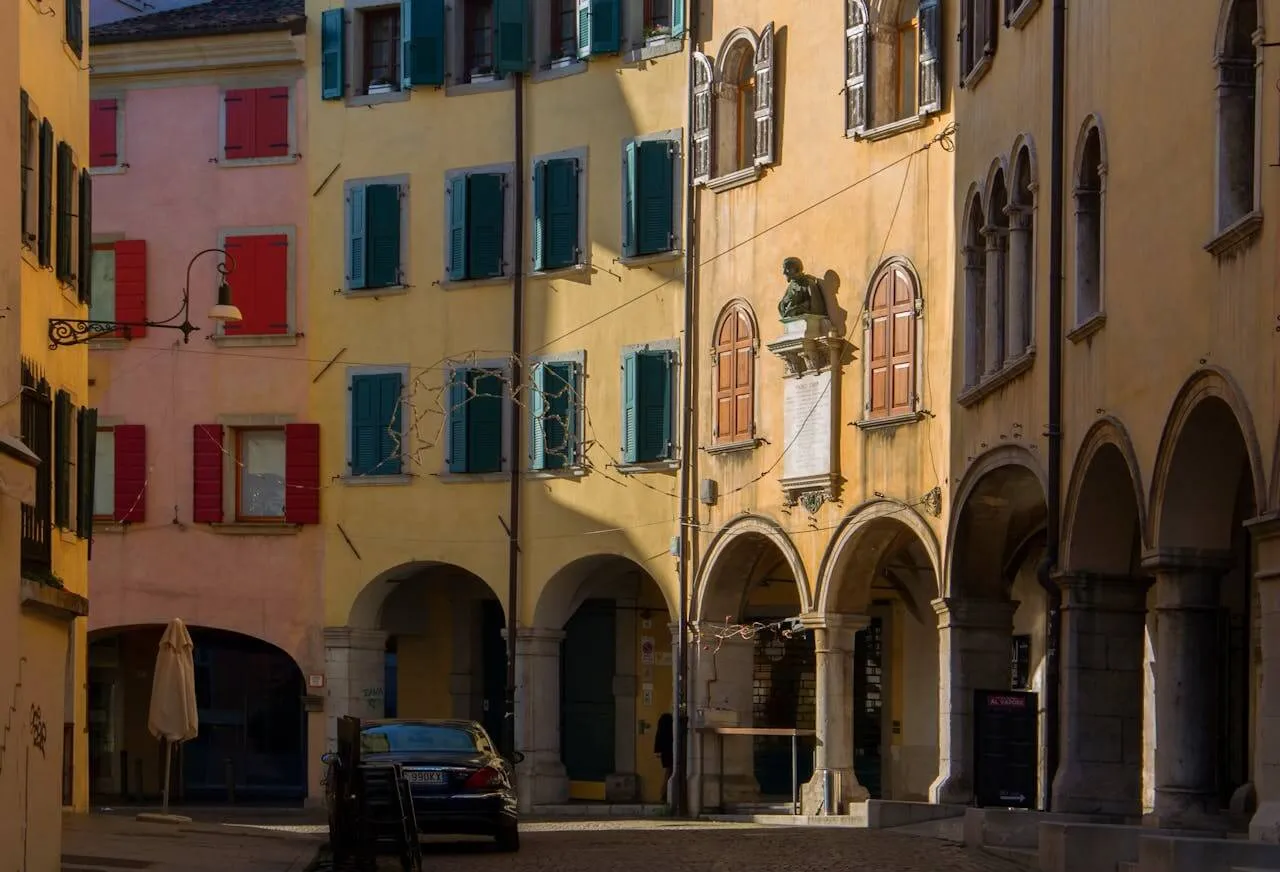
Italy is renowned for its rich mosaic of regional languages and dialects, but few are as interesting as Friulian, or Furlan
Neapolitan is much more than just a dialect; it’s a language full of history, passion, and the culture of an entire city
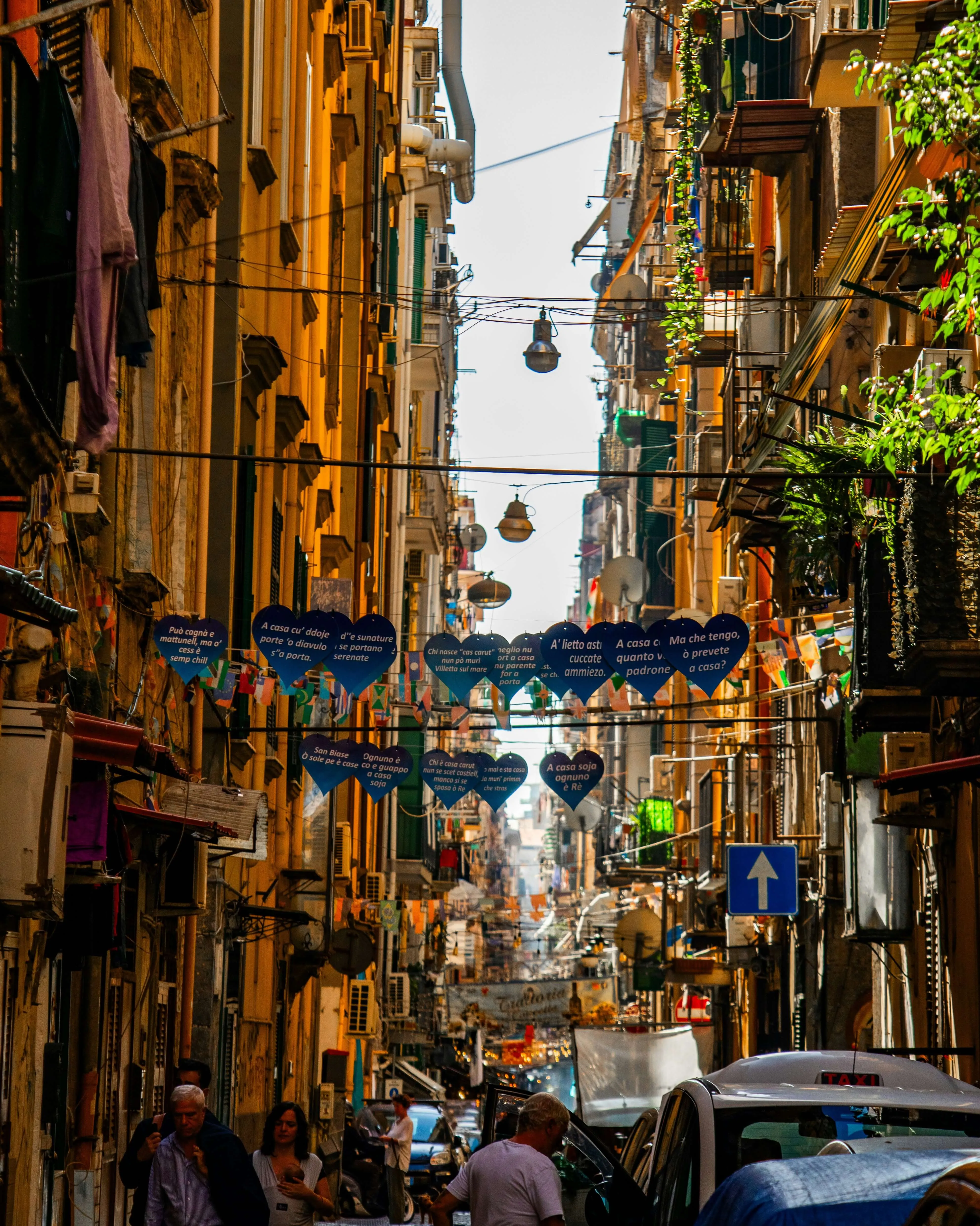
Neapolitans are famously proud of their language and use it every day, often switching effortlessly between Italian and Neapolitan within the same sentence. So if you're walking through the lively streets of Naples, sitting in a café, eating a pizza or or listening to locals chat, you will for sure hear some words orphrases that may feel completely unfamiliar. This article will help you understand the most common Neapolitan expressions and give you a deeper insight into the culture behind them.
While Neapolitan is spoken primarily in Naples, it extends far beyond the city itself. Similar dialects and linguistic variations can be heard in all the surrinding region of Campania (litterally meaning the countryside) and in much of southern Italy, including parts of Abruzzo, Molise, Basilicata, Calabria, and Puglia. Because of this wide reach, Neapolitan is considered one of the most widely spoken regional languages in Italy, with over six million speakers and many more if you count all the variations.
Linguistically, Neapolitan is not simply a dialect of Italian, but a Romance language with its own grammar, vocabulary, pronunciation, and historical roots inflUènced by all the population that controlled the city and its sourrandings, Latin, Greek, Spanish, French, and Arabic among other.
For example the Neapolitan word for orange is purtuallo, which is very different from the Italian arancia. This word ultimately derives from the Greek portokáli, meaning orange from Portugal. The fruit was introduced to the Mediterranean through trade routes, and its name spread across several languages. Another example is the word guappo meaning a thug probably comes form the spanish guapo meaning handsome
Neapolitan isn’t just spoken, it’s sung. Emotion is at the heart of the language, making it especially powerful in music and poetry. Neapolitan folk music is known worldwide thanks to timeless classics like ’O Sole Mio and Funiculì Funiculà.
You might hear Neapolitan in the traditional canzone napoletana, which often tells stories of love, longing, and the sea, or in modern musica neomelodica, freqUèntly performed at weddings, family celebrations, and local festivals. In both cases, the language amplifies emotion in a way that feels immediate and deeply personal.
Greetings are an essential part of Neapolitan culture and are often accompanied by gestures, facial expressions, and a warm tone of voice. Here are some of the most common greetings and everyday phrases you’ll hear in Naples. Please notice that since neapolitan is owten only used in spoken languages there is not a standard way to write it down
| Neapolitan Phrase | Italian | English Meaning |
|---|---|---|
| Uè cia | Ciao | Hello |
| Bongior | Buongiorno | Good morning |
| Bonaser | Buonasera | Good evening |
| Comme staje? | Come stai? | How are you? |
| Tutt’ a post? | Tutto a posto? | Is everything alright? |
| Sto buono, e tu? | Sto bene, e tu? | I’m fine, and you? |
| Accussì, accussì | Così così | So-so |
| C'vidimmd | Ci vediamo | See you later |
| Grazie | Grazie | Thank you |
| Prego | Prego | You’re welcome |
| Scusate | Scusate | Sorry / Excuse me (plural or polite) |
| Nun aggio capito | Non ho capito | I don’t understand |
| Parle napulitano? | Parli napoletano? | Do you speak Neapolitan? |
| Comme t' chiam? | Come ti chiami? | What’s your name? |
| Me chiammo… | Mi chiamo… | My name is… |
| Addó viene? | Di dove sei? | Where are you from? |
| Songo ’e Napule | Sono di Napoli | I’m from Naples |
| Piacer | Piacere | Nice to meet you |
| A femmne | La donna | The woman |
Now that you learned the msot common words and phrases is time to learn some common expression that are so common in Naples that are recognised and sometimes used also in standard Italian. herethey are.
A very common Neapolitan term meaning guy or dude. It’s used informally to refer to young men or boys, similar to saying bro or kid in English. It can also be written as guaglione and has a feminine form: uagliona or guagliona.
A lively and expressive way of saying Let’s go! Made famous by the song Funiculì Funiculà, it becomes warmer with bell’ (short for bella, meaning beautiful), similar to saying Let’s go, sweetheart! is is also often followed by ja, a word that mean already
A versatile interjection used to get someone’s attention or express surprise. Depending on tone and context, it can mean Hey!, Oh!, or Wow! It’s one of the most common sounds you’ll hear in casual conversations and is also used as a greeting to mean hi or hello.
Literally the name of a famous and delicious Neapolitan dessert made of puffy paste soaked in rum syrup. Colloquially, it’s used to describe something or someone as excellent, delightful, or irresistible for example: Tu si nu babbà! meaning you are so sweet
A warm and friendly farewell meaning Take care or Be well. It’s commonly said when parting ways and conveys genuine goodwill.
The Neapolitan word for Napoli (Naples), the capital city of Campania and one of Italy’s most iconic cities.
Napule è una d’e cchiù belle cità d'Italia
Naples is one of the most beautiful cities in Italy
A term describing a street-smart kid from Naples. Historically, it referred to poor or orphaned children who survived by relying on wit, resilience, and resourcefulness.
The Neapolitan word for tomato, a cornerstone of local cuisine. It’s essential in traditional sauces like ragù and, of course, authentic pizza napoletana.
A famous line from a beloved song meaning You are something special or You’re amazing a heartfelt compliment.
An expressive exclamation similar to Damn! or Whoa! Used to show surprise, amazement, or mild frustration. It is the abbreviation of Amaronn' and means Madonna, an Italian term meaning My Lady used to indicate Virgin Mary, the mother of Jesus and as an exclamation of surprise as well
Slang for trash or garbage. It can be literal or metaphorical, describing something or someone considered worthless or unpleasant.
Sta città è piena ‘e monnezza.
This city is full of trash.
Neapolitan reflects the warmth, humor, creativity, and resilience of the people who speak it. Whether you’re walking
through bustling streets, sharing a meal with friends, or listening to a heartfelt song, this language invites you to
experience Naples in a truly authentic way.
So next time you hear a cheerful Uè, jamme bell’!, you’ll know it’s more than just words it’s an invitation
to join in the vibrant spirit of Naples.

Italy is renowned for its rich mosaic of regional languages and dialects, but few are as interesting as Friulian, or Furlan
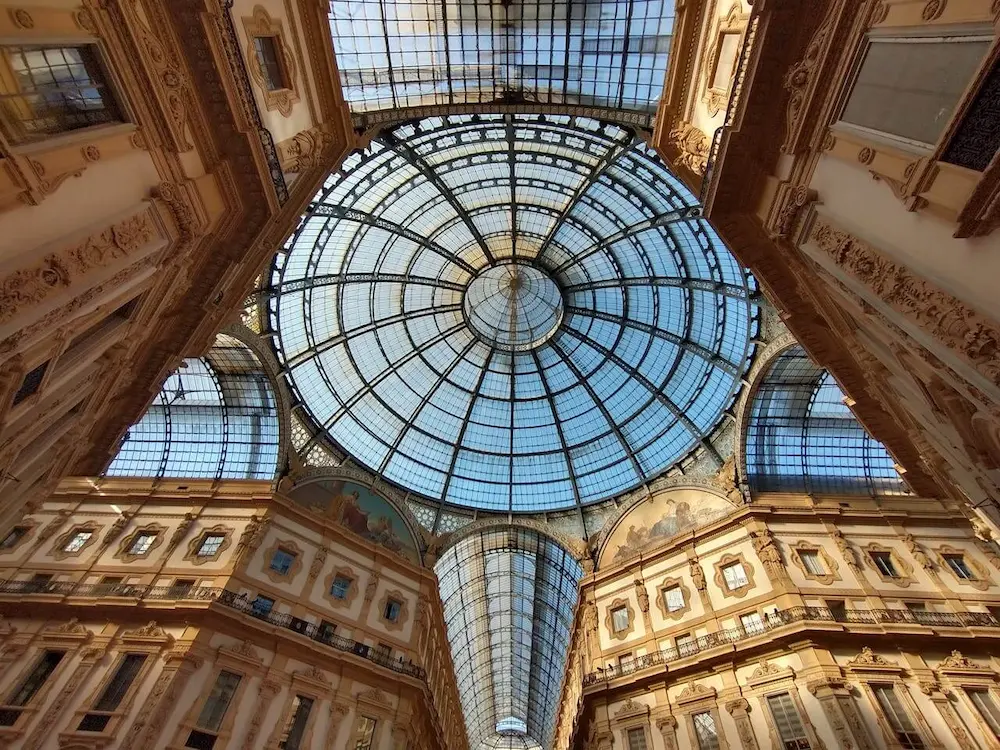
Italy is a country with many different languages and dialects. One of these is Lombard, spoken in Lombardy and in Milan
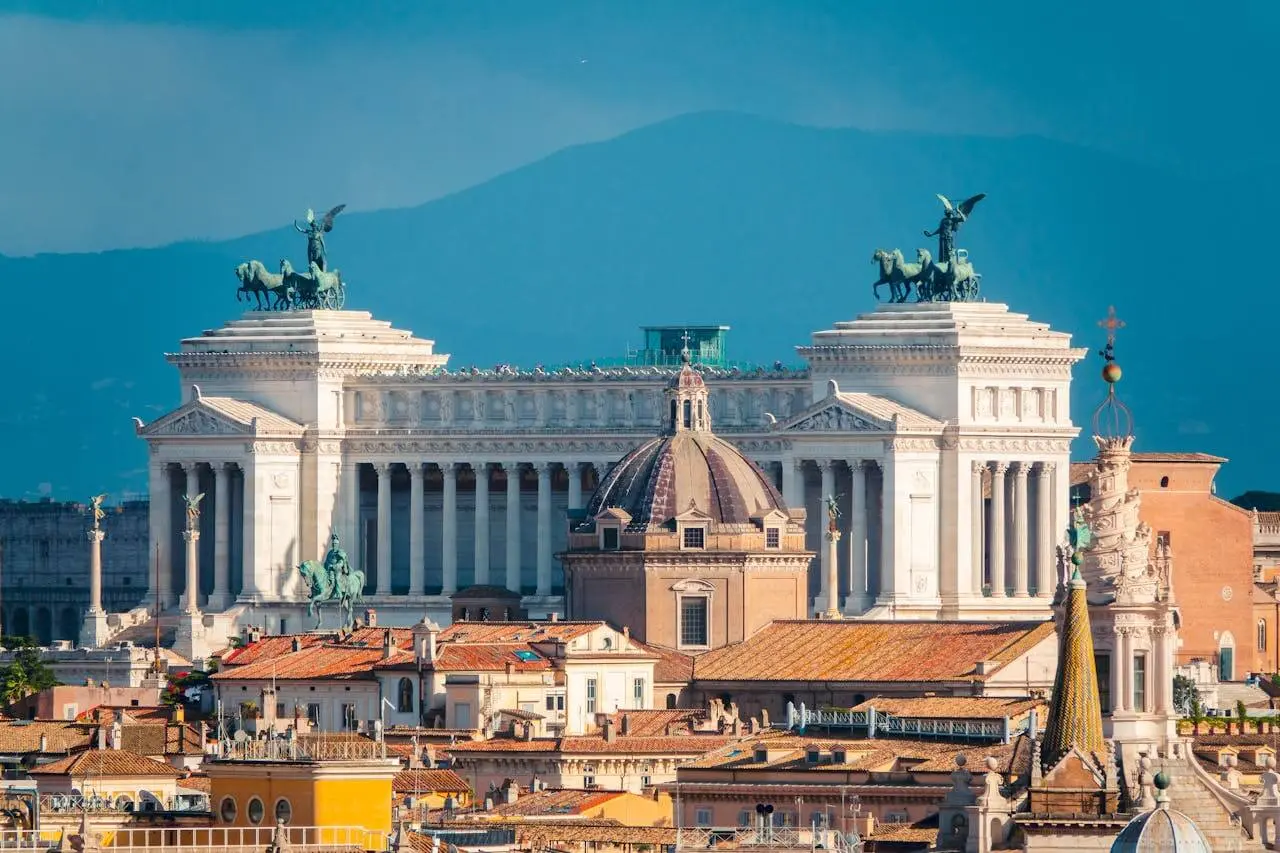
The Roman dialect, or Romanesco, is the language spoken in the city of Rome, the capital of Italy, and throughout the Lazio region
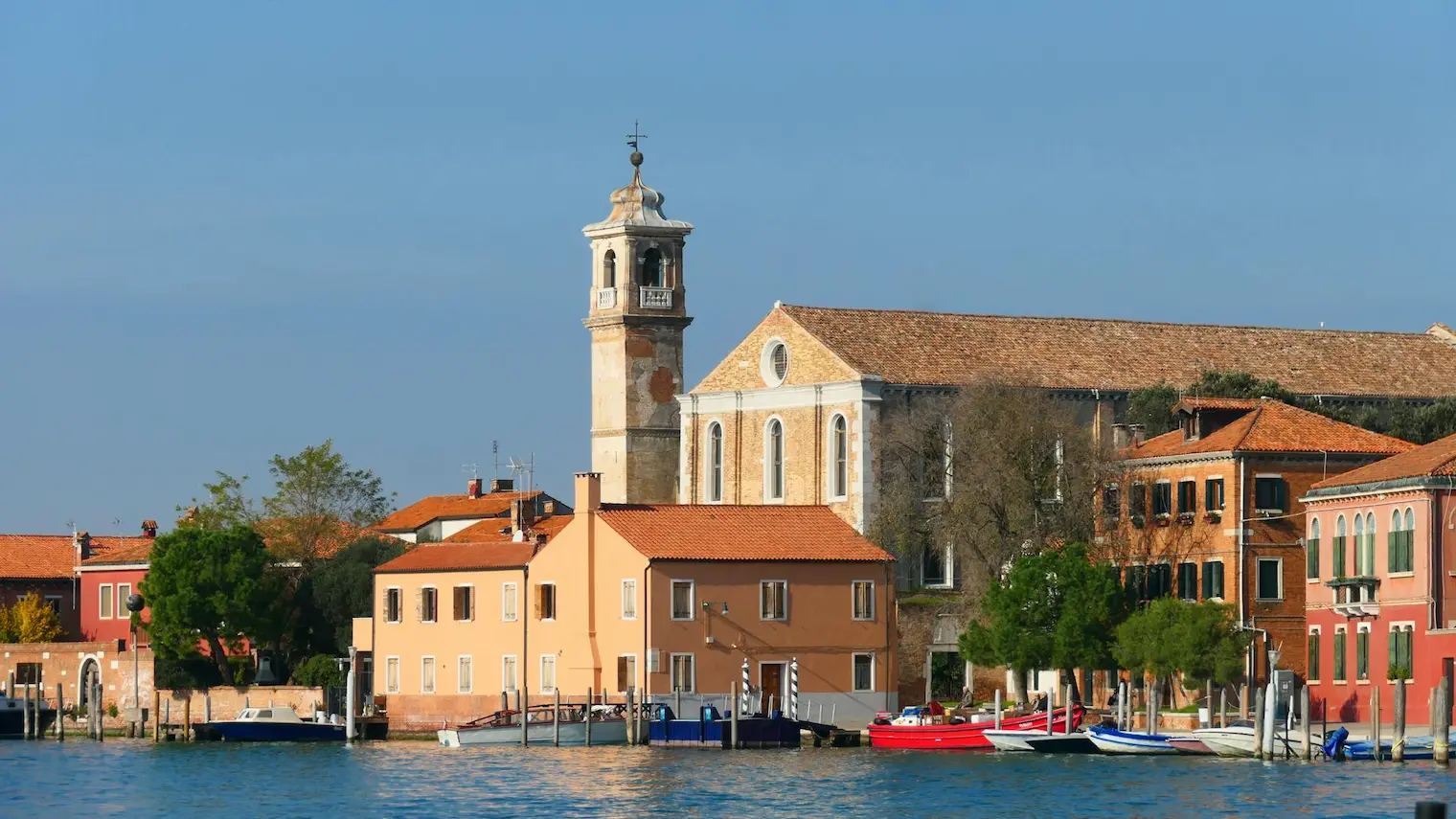
Discover the Venetian language, the unique language you will hear if you walk through the streets of Venice
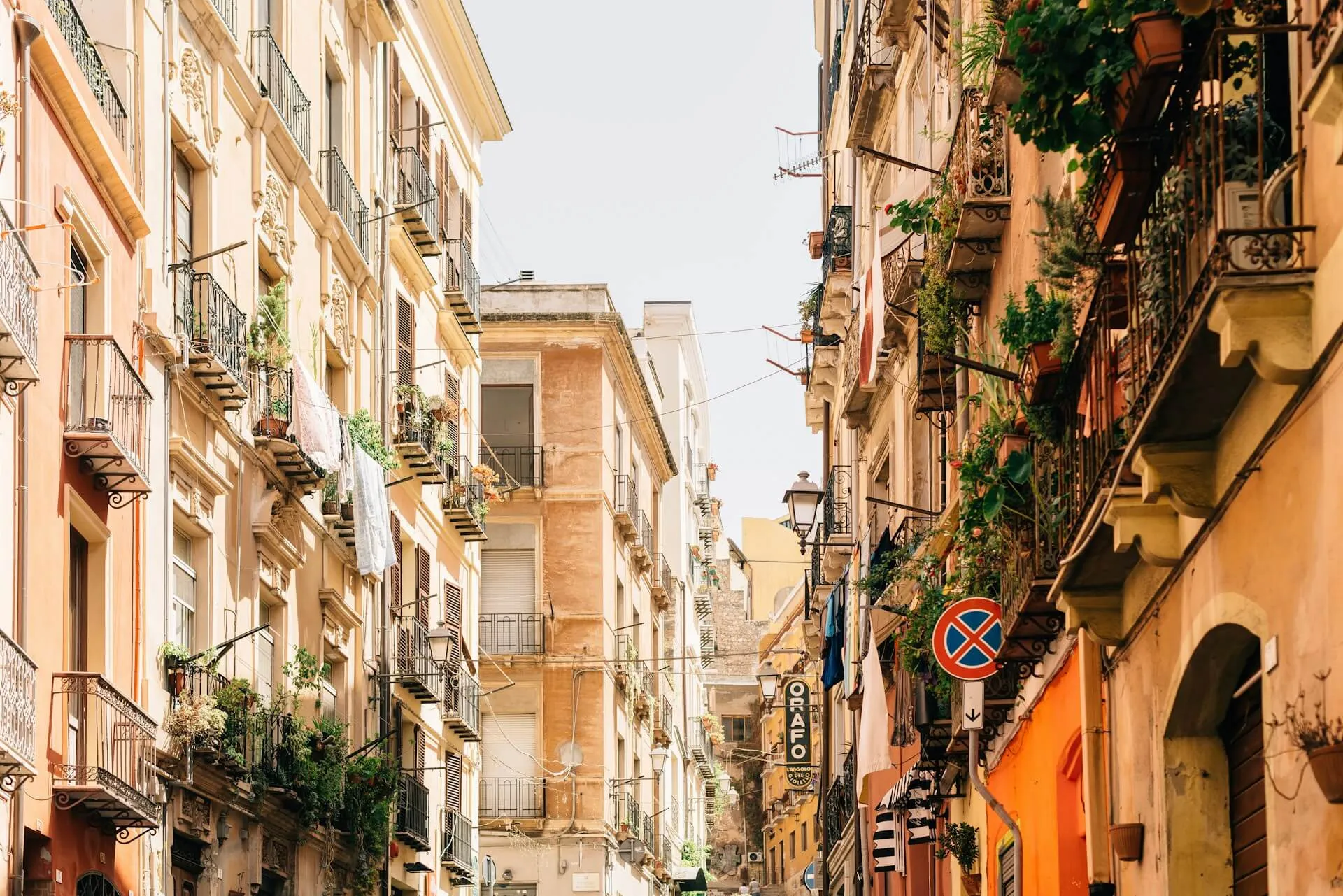
When you think of the Italian language, Italy is likely the first place that comes to mind. However, Italian is spoken in several other countries around the world